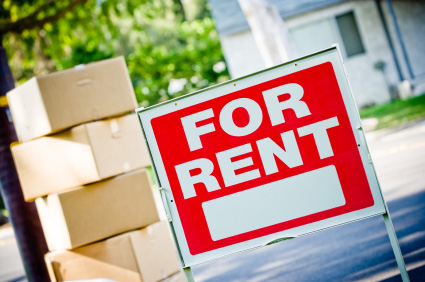Nationwide, asking prices outpaced rents in Trulia’s April Price Monitor, but the rental market only grew in strength in Houston.
The latest Trulia Price Monitor, which analyzed rental and single-family home listings on the syndication site, spelled a familiar narrative for the national housing market, one of surging asking prices and faltering rents, though in Houston, the housing story was a bit different.
Here in the Bayou City, the inverse was true. Though asking prices were up a strong 7.6 percent year-over-year, rents rose a robust 9.7 percent, which was good for the highest in the nation.
Trulia Price Monitor – Rental Markets Subsiding Nationwide?
But again, nationwide, Trulia’s findings were a big different:
- Asking prices rose a stellar 8.3 percent year-over-year in April, in addition to a 1.3 percent monthly increase and a 4.3 percent quarterly increase. For comparison’s sake, asking prices decreased 1.6 percent year-over-year in April 2012.
- The price increases were also equally distributed, with asking prices higher in 95 of the nation’s 100 largest metropolitan areas.
- There was a strong correlation between job growth and price increases. For instance, jobs were up 2.0 percent from last year in Las Vegas, and prices were up 28.5 percent, while in Oakland, a 2.2 percent uptick in jobs has led to a 26.3 percent increase in prices.
- The national rental market, though, continued to slow, with rents rising just 2.4 percent year-over-year; in 19 of the nation’s 25 largest rental markets, in fact, yearly rent gains were slower in April than in January, and in San Francisco, Las Vegas, Sacramento and Seattle – all markets that saw 15 percent increases in rents a year ago – rents grew the slowest. This trend is likely the result of increased supply, rather than any sign of trouble in the multifamily housing market.
Jed Kolko – Not Only an Investors Party
Jed Kolko, Trulia’s chief economist, said the good thing about April’s numbers is that they suggest widespread contributions to the housing market.
“Although some of the home price growth is a bounce back from the housing bust, job growth is boosting housing demand and lifting home prices,” Kolko said. “Investors don’t deserve all the thanks – or blame – for rising prices. Households are doing their part, too, as the economy recovers and more people go back to work and get on more solid financial footing. Local markets with strong job growth will see home prices continue to recover even after investors decide to cash out their gains and exit the market.”

